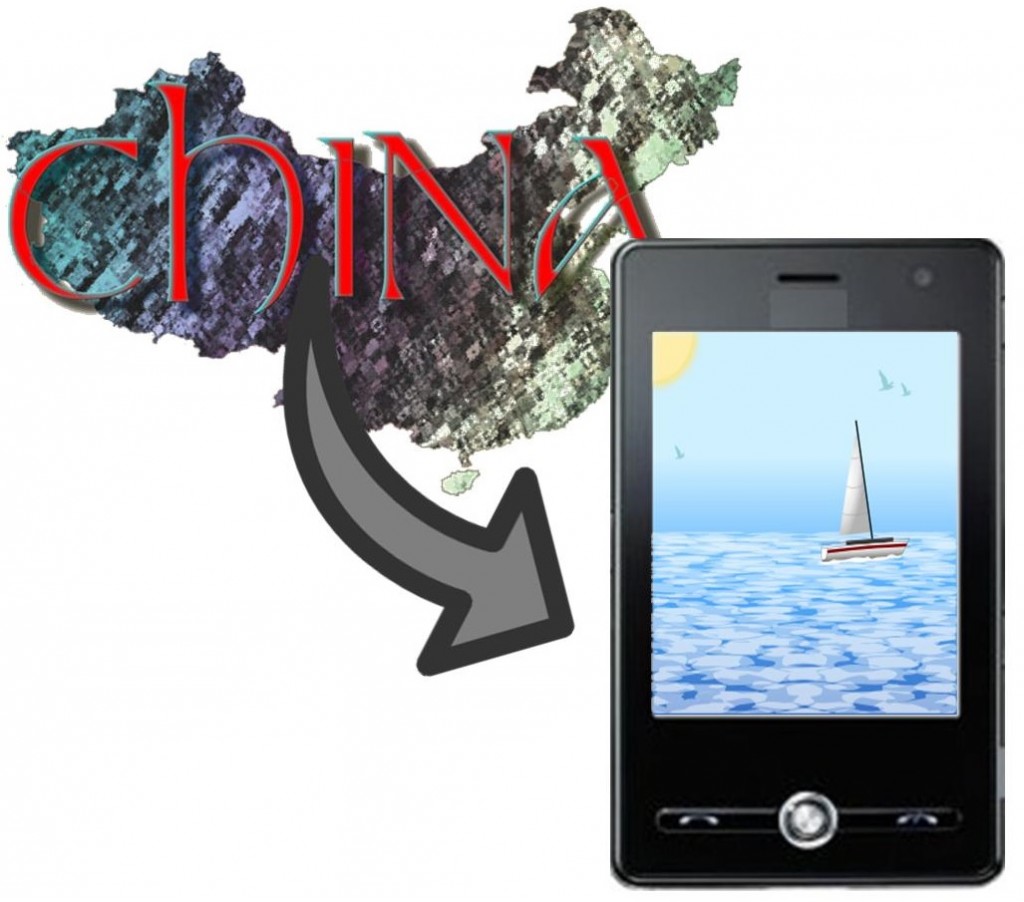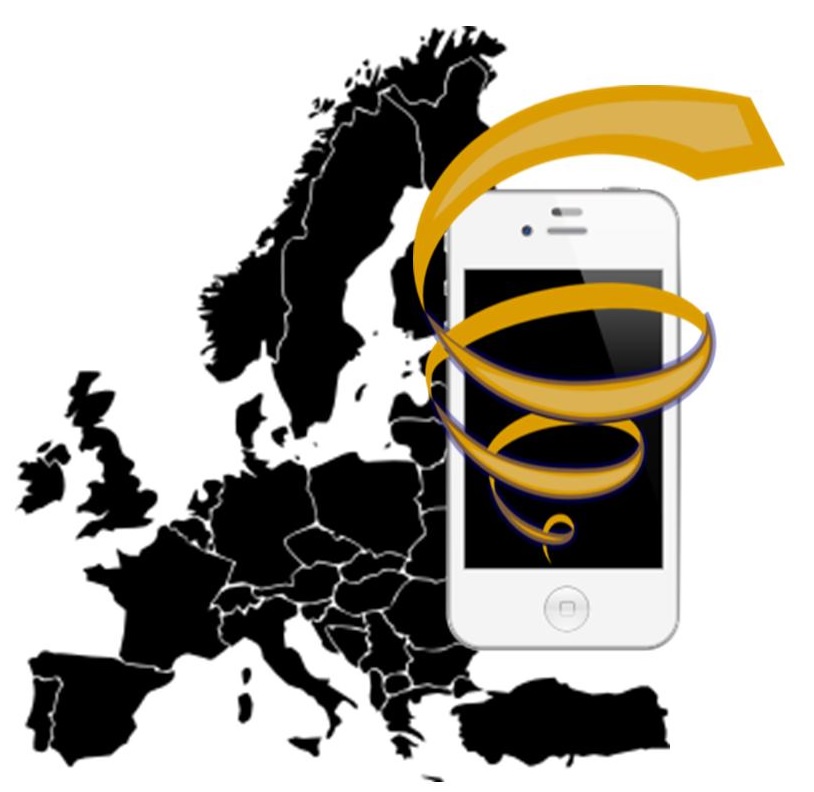Chinese mobile games may soon find their way to foreign markets
Chinese game developers may soon flood into overseas markets, using mobile games to reach a vast multitude of new consumers. Several of the country’s prominent game developers have announced plans to make a push into foreign markets, hoping to engage consumers that are interested in mobile games. Many of these consumers have become enthralled with the simplistic, yet addictive nature of these games, and Chinese developers are well versed in making such games. Some developers believe that they could find strong success in foreign markets in the short-term while also enjoying the success they have fostered in their home country.
Domestic game industry boasts of $3 billion in revenue
China’s game industry reached more than $3 billion in revenue at the end of June this year. The industry is experiencing a 36% year-on-year growth in revenue, driven heavily by consumers that have shown strong interest in mobile games. This interest in not exclusive to Chinese consumers, of course, and those with smartphones and tablets in other countries have also become enthralled by mobile games. Some Chinese games are already available outside of the country and have pulled in more than $300 million in revenue.
 Developer has plans to acquire foreign studios
Developer has plans to acquire foreign studios
Shanda Games, a prominent developer and game publisher in China, has plans to launch two new funds that are meant to invest in the acquisition of mobile game studios within China as well as overseas. The company will release a total of 30 mobile games by the end of this year and plans to carry this momentum into 2014 with new studios that are located outside of China. WeChat, a popular social networking and gaming platform in China, is also expected to find its way overseas in the coming years.
Developers may face challenges in foreign markets
While Chinese companies have high hopes for mobile games in foreign markets, the game industry is notoriously fickle when it comes to such titles. Consumers had once shown a great deal of favor for the games produced by U.S. developer Zynga. After a few missteps, the company is now struggling to find some solid footing in a market that is extremely critical on any degree of failure.

 Retailers pressured to adapt to modern consumers
Retailers pressured to adapt to modern consumers